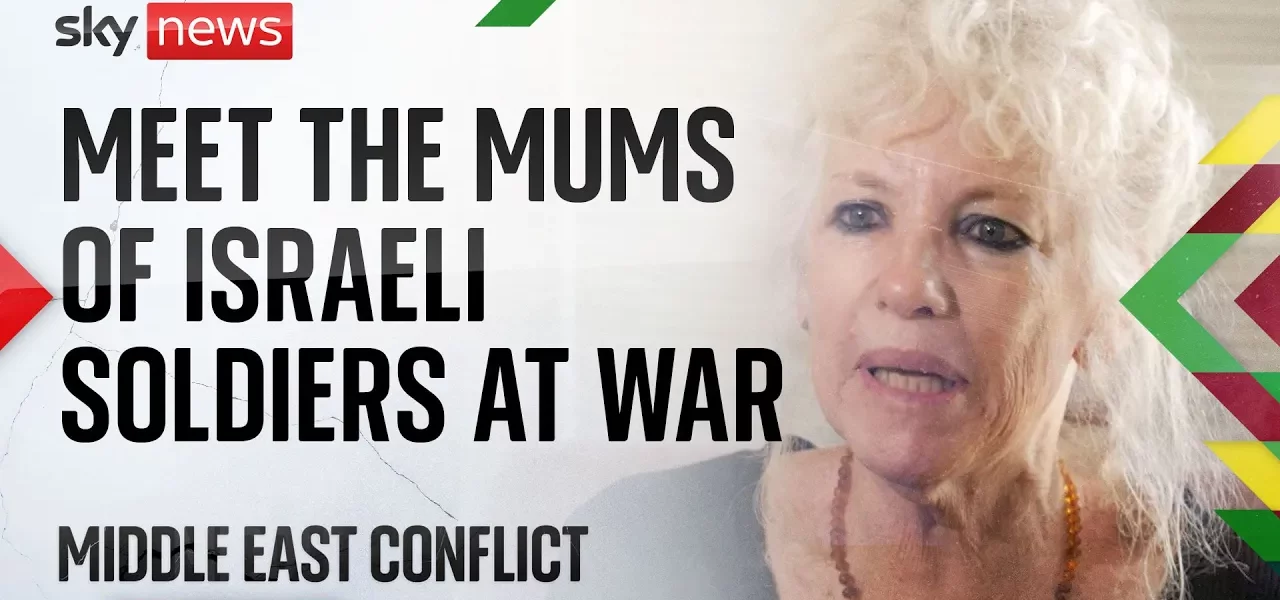Israeli Mothers and the Impact of War: A Personal Perspective

This article delves into the poignant experiences of Israeli mothers who have faced the harsh realities of conflict. Through their stories, we explore the emotional toll of war, the complexities of patriotism, and the hope for peace amidst turmoil.
Introduction
The ongoing conflict in the Middle East has profoundly affected countless lives, particularly those of mothers in Israel. These women, often seen as the backbone of their families, navigate the emotional landscape of war while worrying about their sons who are sent into battle. This article recounts the experiences of mothers who protested against the deployment of troops during Lebanon’s first ground war in the 1990s and how their perspectives have evolved in light of recent conflicts.
The Rise of Maternal Activism in the 1990s
In the 1990s, a significant movement emerged among Israeli mothers who were deeply concerned about their sons being sent to fight in Lebanon. This section highlights the historical context of their activism.
The Mothers’ Movement
These mothers organized protests to voice their opposition to the military actions, fearing for the safety of their children. Their efforts included:
- Public demonstrations that garnered national attention
- Meetings with government officials to discuss their concerns
- Creating support networks for families of soldiers
The Government’s Response
The pressure from these demonstrations forced the government to reconsider its military presence in Lebanon, ultimately leading to a troop withdrawal in 2000. This victory highlighted the power of collective maternal voices in shaping national policy.
Current Fears and Evolving Perspectives
As the situation in the region has evolved, so too have the perspectives of these mothers. With renewed military action in Lebanon and the recent October 7th attacks by Hamas, their fears have resurfaced, prompting a reevaluation of their positions on warfare.
Returning to War
One mother, now 76, expressed her concerns about the current military operations, stating:
“I’m no longer completely opposed to the war, as the threat from Hezbollah looms large over our lives.”
This shift reflects a complex blend of fear and acceptance, as mothers grapple with the realities of protecting their families.
The Impact of Recent Conflicts
The ongoing threats have forced many families to evacuate their homes. For instance, another mother, Iris, recounts her experience:
- Her sons are all serving in the military, with one being wounded in Gaza.
- She describes the emotional turmoil of living with constant fear and uncertainty.
- Despite the dangers, she believes the military operations are necessary for national security.
The Community’s Transformation
The neighborhoods once filled with life are now eerily quiet, reflecting the toll that war has taken on local communities. Many families have fled, leaving behind abandoned homes that serve as stark reminders of the conflict.
Visiting Abandoned Homes
During a recent visit to a deserted neighborhood, reporters noted:
- Shuttered windows and empty streets highlight the fear that has driven residents away.
- Explosion sounds and visible impacts serve as constant reminders of the ongoing conflict.
The Emotional Toll on Families
For those who remain, the emotional toll is profound. Many mothers are left to cope with the anxiety of having their children serve in a volatile environment.
Conclusion
The experiences shared by these mothers provide a critical insight into the human cost of war. Their stories remind us that behind every statistic lies a family affected by conflict. As the situation continues to evolve, it is essential to recognize the voices of those most impacted. We encourage readers to engage in conversations about peace and support initiatives that aim to protect families from the horrors of war.
For further reading on the impact of conflict on communities, visit our articles on Mothers in Conflict Zones and Building Peace in Troubled Areas.
“`




